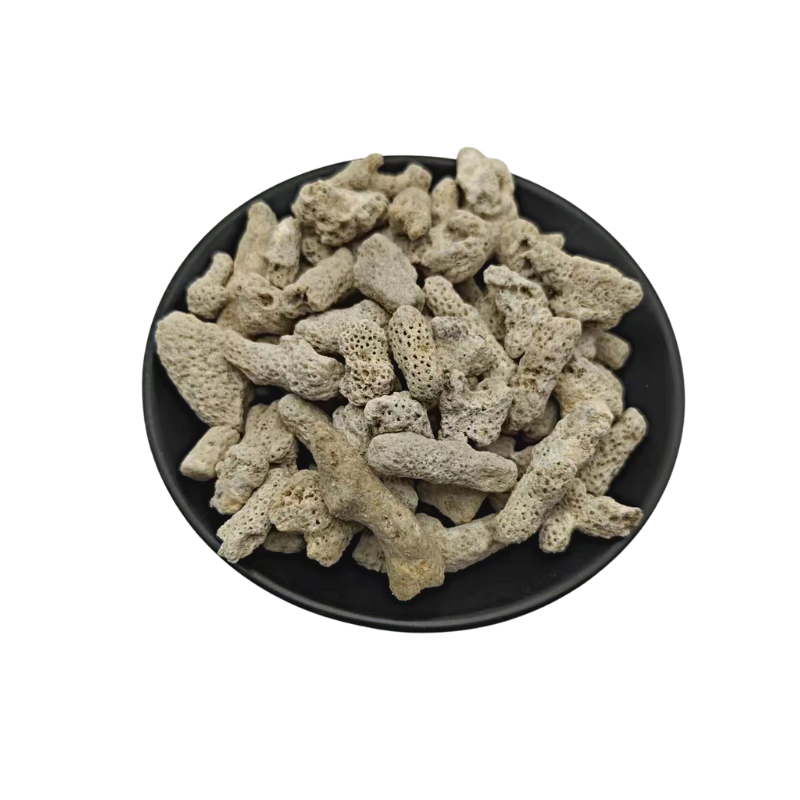
china sepiolite factory
Exploring the Significance of China's Sepiolite Factory A Comprehensive Overview
The production of industrial minerals plays a crucial role in the global economy, and among these, sepiolite has garnered substantial attention due to its diverse applications. China, with its rich mineral resources, has positioned itself as a leading producer of sepiolite, a unique clay mineral known for its fibrous structure and exceptional properties. This article delves into the significance, applications, and manufacturing processes associated with China’s sepiolite factories, highlighting their contribution to various industries.
What is Sepiolite?
Sepiolite is a magnesium silicate clay mineral belonging to the phyllosilicate group. Its structure comprises a network of silicate tetrahedra and magnesium octahedra, resulting in a light, porous material with high absorbency, excellent thermal stability, and ion-exchange capabilities. This renders sepiolite ideal for a multitude of applications, including agriculture, construction, environmental remediation, and the manufacturing of consumer goods.
China's Role in Sepiolite Production
China is home to some of the world's largest and most technologically advanced sepiolite factories, leveraging vast natural reserves primarily located in provinces such as Xinjiang, Inner Mongolia, and Jiangxi. The country’s production capacity has expanded significantly over the past few decades, driven by the increasing demand for sepiolite across various sectors. Whether used as a lightweight filler in plastics or as a carrier for pesticides and fertilizers in agriculture, the versatility of sepiolite makes it an invaluable commodity.
Manufacturing Process
The production of sepiolite involves several processes, each playing a pivotal role in ensuring high-quality output. The raw material is extracted through open-pit mining, after which it undergoes crushing and milling to achieve the desired particle size. The subsequent steps may include purification and classification to remove impurities and enhance its functional properties. Advanced techniques like air classification and magnetic separation are often employed to produce high-purity sepiolite tailored for specific applications.
Moreover, innovation in manufacturing processes is paramount to maintaining competitive advantage. Many Chinese sepiolite factories have adopted eco-friendly practices, emphasizing sustainable mining and minimal environmental impact. These practices ensure the preservation of natural resources while meeting the rising global demand.
china sepiolite factory

Applications of Sepiolite
The applications of sepiolite are broad and diverse
1. Agriculture In agriculture, sepiolite is commonly used as a soil conditioner and carrier for fertilizers and pesticides. Its porous structure improves soil aeration, enhances water retention, and promotes healthy root growth.
2. Construction In the construction industry, sepiolite acts as a lightweight aggregate in concrete, insulation material, and a component in the production of bricks. Its thermal insulation properties contribute to energy efficiency in buildings.
3. Environmental Remediation Due to its excellent absorption capacity, sepiolite is employed in environmental applications, such as wastewater treatment and oil spill clean-up. Its ability to adsorb heavy metals and toxins makes it a valuable resource for detoxifying polluted sites.
4. Consumer Goods Sepiolite finds its way into a variety of consumer products, including cosmetics, cat litter, and pharmaceuticals. Its lightweight and absorbent nature enhance the functionality of these products.
Future Prospects and Challenges
As the demand for sepiolite continues to grow globally, Chinese factories are likely to expand their production capabilities while investing in research and development. However, they also face challenges, such as fluctuating raw material prices and increasing regulatory scrutiny regarding environmental practices.
In conclusion, China's sepiolite factories play a pivotal role in the global market, thanks to their advanced manufacturing processes and commitment to sustainability. With its myriad applications and unique properties, sepiolite will remain an important industrial mineral, driving innovation across various sectors. The future of sepiolite production in China appears bright, poised to adapt to changing market needs while maintaining a focus on environmental stewardship. As industries evolve, so too will the significance of sepiolite in our daily lives and the broader economy.
Share
-
Premium Glass Sand Solutions | High Purity SupplyNewsAug.03,2025
-
Premium Talcum Powder Enhanced with GPT-4 Turbo | Soft & Long-LastingNewsAug.02,2025
-
Fly Ash Solutions Enhanced by GPT-4 Turbo | Sustainable InnovationNewsAug.01,2025
-
Natural Premium Bentonite Cat Litter - Superior ClumpingNewsJul.31,2025
-
Premium Resin Coated Sand - High Heat Resistance CastingNewsJul.31,2025
-
High Quality Silicon Carbide Grit for Abrasive ApplicationsNewsJul.30,2025






